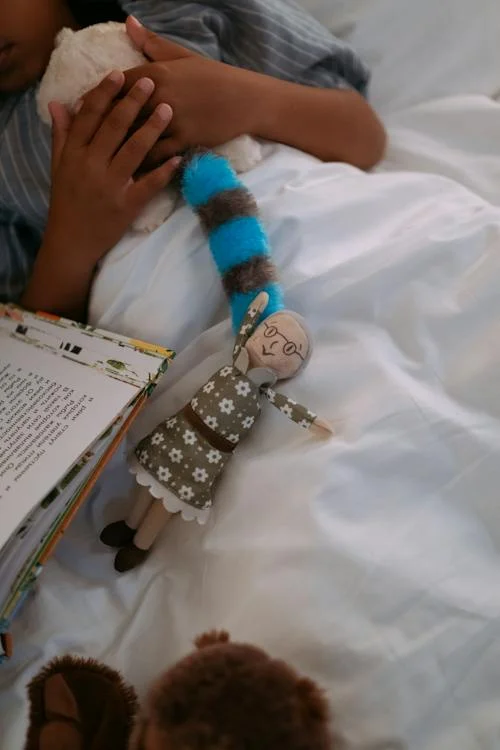Finding clean pain medicine for kids can be an uncertain pursuit. You want to make sure you child’s headache, bump, bruise or tumble sees relief, but you also want to ensure it’s free of harsh ingredients. Knowing which over-the-counter drug to pick can be nerve-racking.
Cold, Flu ; Fever
In the event your child has a fever, flu or cold, let nature do its job to build a healthy immune system. If you want to alleviate debilitating symptoms, try using eucalyptus or tea tree essential oils for a cough and congestion.
You can make a simple skin rub with only two or three drops of either essential oil. Blend them well with something like two or three tablespoons of coconut oil or unscented lotion. Rub it on their back and/or chest.
Aspirin ; Acetaminophen
Basic baby aspirin actually isn’t good for children under 16 years old. This is because acetaminophen, the main ingredient in aspirin, can cause Reye’s syndrome. This is a rare but serious condition that causes inflammation of the brain and liver.
But, if your child is over two and looking for serious relief, there are some over-the-counter medications that can help that do contain acetaminophen. Genexa and Hylands both have clean-ingredient formulations that are strong and effective.
As long as you are careful about the dosage, using over-the-counter pain medications like these can be effective and safe. But you should only give these to your child as a last resort and because their pain is that bad. Be sure to read the instructions in full and follow them down to the letter.
For Babies Under Six Months
For any kid younger than six months old, refrain from giving them any over-the-counter medications to avoid stomach pains and gastritis. This not only includes aspirin but also ibuprofen. You also want to avoid giving these to children who are vomiting or dehydrated.
Contact Your Doctor
If their symptoms and pain are extraordinarily severe, it’s important to contact your doctor or other trusted healthcare professional right away. Don’t try to medicate at home if you are unsure about what’s happening with your child. It’s not worth it to take chances.
Also, take your child to the doctor or hospital if their symptoms persist for longer than five days. This will be especially true if the symptoms worsen.
Additional Tips
It’s advisable to create a diary for when your child gets sick so you always have a record. Write down the date the symptoms began, the medicines used, the time of administration and how long it takes for the child to recover. This is useful for when there are multiple caregivers or when changing up medications.
Be a wise consumer and always read the label to compare it with your child’s individual dietary needs and health requirements. If you have any questions, ask a pharmacist or your doctor for clarification. Don’t hesitate to do a bit of research on the ingredients in question too.

